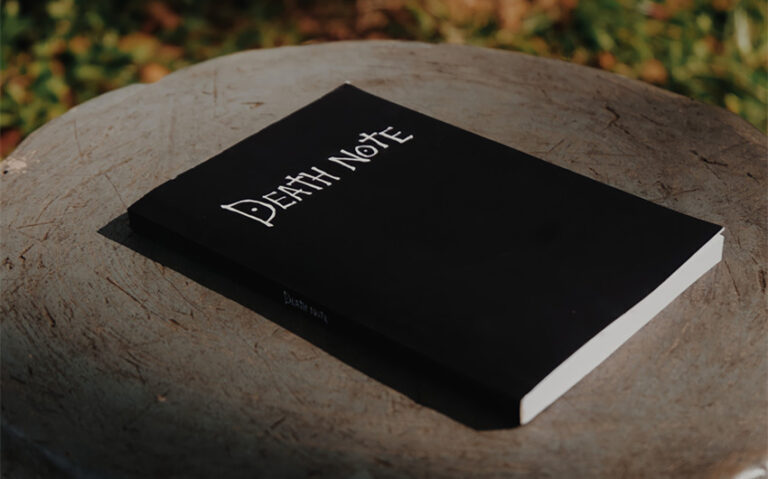Exploring Symbolic Layers of the Akutagawa Name Meaning
Japanese surnames often hold more than just family history—they reflect nature, values, and poetic imagery through the kanji used to write them. One such example is Akutagawa, a name that carries a quiet elegance and unique symbolism.
Whether you’ve encountered it through literature or curiosity about Japanese names, exploring the Akutagawa name meaning offers a deeper look into how language and culture intertwine. With roots in both the natural world and subtle metaphor, this name reflects more than just identity—it tells a story. Let’s break down its meaning and discover what makes it so quietly powerful.
Kanji Breakdown and Literal Meaning of Akutagawa
The name Akutagawa (芥川) is made up of two kanji:
- 芥 (Akuta) – Means “mustard seed,” “dust,” or “trivial things.” It symbolizes smallness, humility, or overlooked details, suggesting an appreciation for the subtle and simple.
- 川 (Gawa/Kawa) – Means “river,” commonly used in Japanese surnames. It represents movement, life, and nature.
Together, Akutagawa can be interpreted as “river of small things” or “dusty river.” While unusual literally, the name carries a poetic tone—evoking the beauty in the humble, flowing through life’s quiet details.
Symbolism and Interpretive Meaning

Though the name Akutagawa (芥川) literally translates to “river of small things” or “mustard river,” its real depth lies in its symbolic and interpretive meaning. Like many Japanese names, Akutagawa carries layers of nuance shaped by nature, philosophy, and poetic tradition. This makes it more than a label—it’s a name that invites reflection.
1. Embracing the Small and Humble
The kanji 芥 (Akuta), meaning “dust” or “trivial things,” symbolizes humility, simplicity, and the often-overlooked aspects of life. In a cultural context where small gestures and modesty are valued, this character may reflect:
- An appreciation for the quiet or the ordinary.
- A worldview that finds meaning in simplicity.
- A philosophical stance that challenges grandiosity and instead elevates the everyday.
This aligns with traditional Zen and minimalist values in Japanese culture, where even dust can be symbolic of the universe or transient beauty.
2. Flow and Continuity Through 川 (River)
The character 川 (Gawa/Kawa) adds a natural element to the name, bringing in ideas of:
- Flow, change, and movement, as rivers are constantly shifting and adapting.
- Life’s continuity, with rivers often used as metaphors for time or existence.
- Purification or renewal, common in spiritual and Shinto symbolism, where water cleanses the physical and spiritual self.
Together, 芥 and 川 blend into a symbolic picture of modest things carried through time, hinting at a life philosophy rooted in reflection, resilience, and acceptance.
3. Possible Literary Resonance
While the name’s kanji stands on its own, it gains further symbolic weight due to its association with Ryūnosuke Akutagawa, one of Japan’s most respected authors. Known for exploring psychological depth, moral ambiguity, and human complexity, his name—Akutagawa—has come to symbolize:
- Literary brilliance with humble roots.
- A deep observer of life’s subtle truths.
- Someone who gives voice to what others overlook.
Thus, symbolically, the name may reflect a mind that flows through the quiet corners of existence, noticing details that others miss—just as dust is carried by the current of a river.
4. Interpretation in Modern Contexts
In today’s world, Akutagawa can be seen as a name that speaks to:
- Thoughtfulness and introspection.
- The value of subtlety and the unseen.
- The beauty in quiet strength, observation, and intellectual flow.
Whether viewed literally or metaphorically, the name represents a harmony between humble origins and deeper significance, making it both grounded and poetic.







